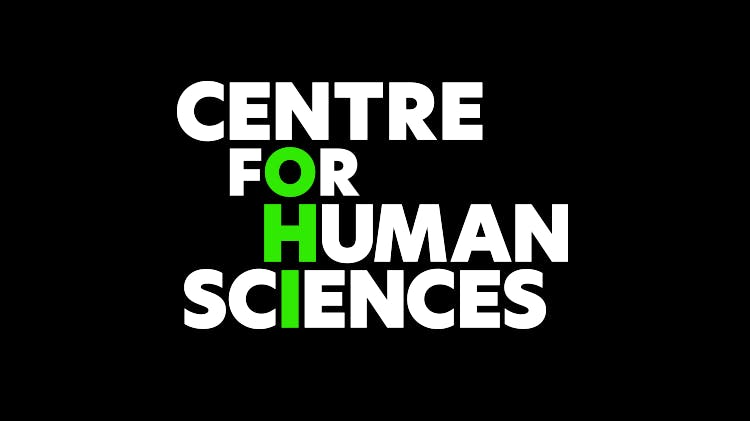Putting research into practice

Human sciences are already supporting better patient-centred care
The application of research from across the fields of human sciences has enormous potential to improve patient outcomes in everyday health settings such as pharmacies and dental surgeries. From understanding belief systems to closing the gap between good intentions and behaviour change, there are opportunities at every patient touch point. Learnings from human sciences are already being used in practice. These cases offer examples of the exciting strategies which could be used to drive change in your pharmacy and dental surgery settings too.

Case study: motivational texts and smoking cessation
In 2009, a UK study of 5,524 smokers over 16 years explored the impact motivational text messages, sent to smokers before and during their quit attempt, had on sustained quit behaviour up to 6 months.1 Motivational messages and behaviour-change methods found to be successful in face-to-face cessation support were modified for delivery over text. Some examples of the message include:
- Before the first quit day: “To make things easier for yourself, try having some distractions ready for cravings and think up some personal strategies to help in stressful situations”
- On quit date: “This is it! - QUIT DAY, throw away all your fags. TODAY is the start of being QUIT forever, you can do it!”
- After quit date: “Day4=Big day - cravings still strong? Don’t worry tomorrow will be easier! Keep your mind & hands busy.”
- In response to participant texting CRAVE: “Cravings last less than 5 minutes on average. To help distract yourself, try sipping a drink slowly until the craving is over.”
The study was a success. Those that received the motivational text messages quit at a rate double that of the control group at 6 months (primary outcome). The intervention was also shown to be effective across all socioeconomic groups and in younger (<35 years) and older (≥35 years) smokers.1

Case study: Self-Determination Theory and weight control
Self-determination theory describes how behaviour change may be predicted by three factors that influence that motivation: feeling competent, autonomous and able to relate to those around us.2 The theory provides a framework for action: establishing the three factors in an attempt to drive lasting behaviour change through self-motivation.2
This has been used successfully as part of a weight management program. In a 1-year study of 239 women, an intervention which focused on promoting autonomous forms of exercise regulation, intrinsic motivation and adherence to exercise, according to self-determination theory, was found to be significantly more effective than a general health education programme (control).3

Case study: self-efficacy and dental neglect
Self-efficacy is a person’s beliefs in their own competence in a given situation and is a modifiable factor in many models that aim to predict behaviour, particularly relating to health.4
A study of 1,280 women from Carolina explored the impact oral health literacy and self-efficacy had on oral health and dental neglect.4 Through interviews, the study collected data about participants dental behaviours that indicated dental neglect and evaluated participants general self-efficacy beliefs and dental literacy.4 Analysis showed that lower self-efficacy strongly correlated with behaviours of dental neglect, indicating opportunities to tackle dental neglect by improving patients' belief in their own ability to change.4 Additionally, oral health literacy was found to confer its effect on oral health status via self-efficacy, further indicating the importance of patient’s self-belief.4



